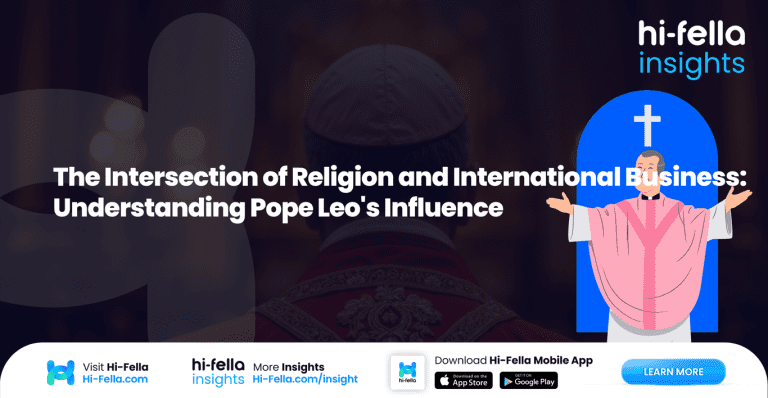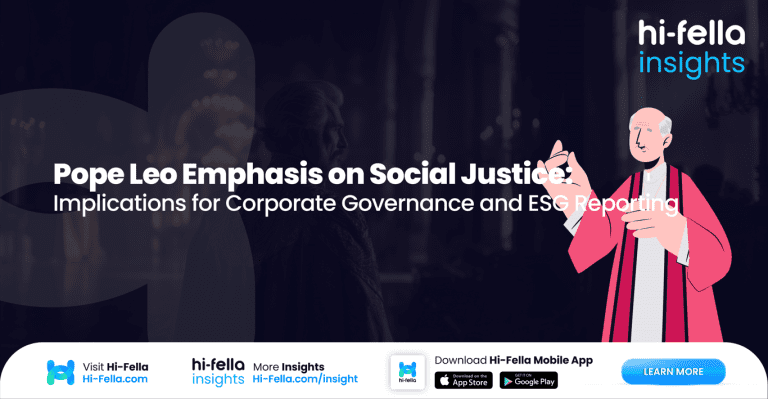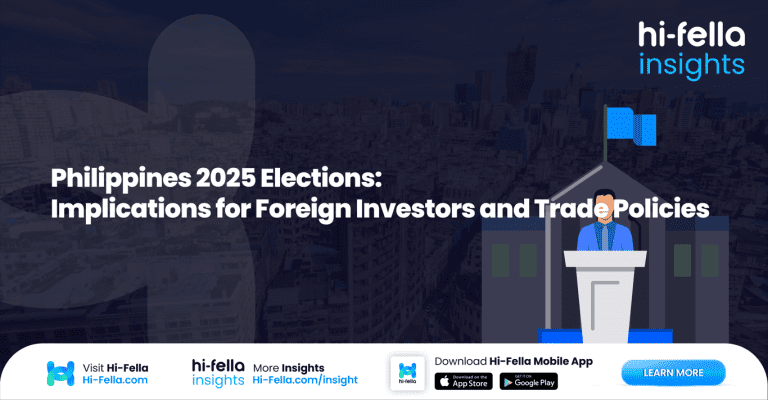For professionals seeking insights into the world of office management and students aspiring to flourish in the realm of business administration, understanding the intricacies of the role of an office manager is important. In this comprehensive guide, we delve into the responsibilities, skills, and significance of the office manager’s role in maintaining streamlined workplace operations.
What Does an Office Manager Do?
At the core of efficient office operations lies the role of an office manager. They are the unsung heroes who ensure that the workplace functions seamlessly. From scheduling crucial meetings and arranging office supplies to offering general administrative support and warmly welcoming visitors, office managers wear many hats. Their contributions play a pivotal role in creating an organized and productive work environment.
Key Responsibilities of an Office Manager
The scope of an office manager’s duties is vast and dynamic. They encompass a range of tasks that keep the wheels of business turning smoothly. Office managers are responsible for:
- Organizing meetings and maintaining databases.
- Managing logistical aspects such as transportation and accommodation.
- Coordinating company events and conferences.
- Overseeing the procurement of stationery and IT equipment.
- Addressing correspondence, complaints, and queries.
- Crafting letters, presentations, and reports that facilitate effective communication.
Essential Skills for the Office Manager Role
To excel in the role of an office manager, certain essential skills are indispensable. These skills ensure that the office manager can navigate various challenges and contribute to a harmonious workplace environment. Key skills include:
- Staying organized and managing time efficiently.
- Problem-solving and decision-making prowess.
- Building and leading teams effectively.
- Exceptional communication skills for effective interaction.
- Conflict resolution and negotiation abilities.
- Resilience in handling stress and unexpected situations.
- Adaptability and the ability to devise backup plans.
The Crucial Role of Office Managers
Office managers are the unsung champions of efficient business operations. They embody attributes that are the backbone of successful office management. Adept communication, adaptability, planning prowess, and the willingness to go the extra mile are all attributes that define a great office manager. These professionals ensure that the workplace runs like a well-oiled machine, allowing other team members to focus on their core tasks.
Join the Business Community with Hi-Fella
In the vibrant world of business collaboration, Hi-Fella stands as a beacon for connecting buyers and sellers. The role of an office manager aligns seamlessly with Hi-Fella’s ethos of partnership and synergy. As you explore the realms of office management, consider the platform’s offerings, and join a community that fosters business growth and connections.
The role of an office manager is far from mundane; it’s the heartbeat of operational excellence. From juggling diverse responsibilities to mastering essential skills, office managers shape the efficiency and functionality of workplaces. Embrace the journey of office management, explore Hi-Fella’s vibrant offerings, and embark on a path of collaboration and growth. Only at hi-fella!






